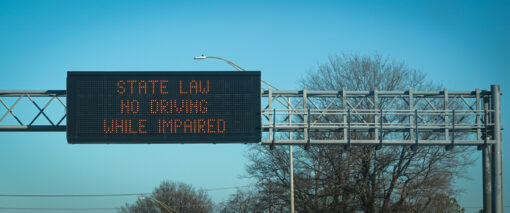Each DUI case is unique, but there are certain categories of evidence that frequently come into play. Continue reading to become familiar with them. If you find yourself facing DUI charges and require a free legal consultation, feel free to reach out to Chambers Law Firm at 714-760-4088.
Examining the Ten Key Types of Evidence
The ten types of evidence most frequently utilized in DUI cases encompass:
- Results of blood tests
- Breathalyzer examination results
- Testimonies and accounts from eyewitnesses
- Video evidence from law enforcement bodycams, dashcams, or witness smartphone footage
- Medical records of the defendant
- Results from field sobriety walk-and-turn tests
- Outcomes of field sobriety one-legged-stand tests
- Results of field sobriety horizontal gaze nystagmus tests
- Statements made by the defendant after Miranda warnings were read
- The official police report
The robustness of a prosecutor’s case often correlates directly with the amount of evidence collected.
Content of a DUI Investigation Police Report
A comprehensive police report from a DUI investigation should contain numerous details, including the initial reason the law enforcement officer stopped the defendant, indications of alcohol, such as smell, slurred speech or bloodshot, glassy, or watery eyes.
Inadmissible Evidence in a DUI Case
Although law enforcement officers might request preliminary alcohol screening tests, like a pre-arrest breathalyzer, or various field sobriety tests, the results from these tests are typically not admissible in DUI trials. The goal of these initial tests is to establish probable cause, justifying the DUI arrest. Once an arrest has been made, law enforcement can administer a breathalyzer or blood test whose results would likely be permissible in court.
Your Rights when Accused of a DUI
It’s crucial to remember that even if one or multiple forms of evidence have been presented against you in a DUI case, it doesn’t automatically guarantee a conviction. Many individuals are unaware that much of the evidence leading to an arrest may not be admissible for a conviction. Furthermore, it’s important to remember that law enforcement must have a valid reason for the initial traffic stop.
Unfortunately, many people end up pleading guilty to a DUI charge without fully exploring their options with a criminal defense attorney, which is highly discouraged. If you’ve been charged with a DUI, please reach out to Chambers Law Firm at 714-760-4088 for a free legal consultation.





